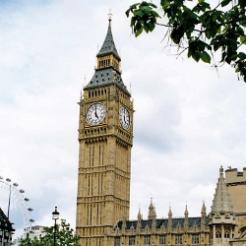The government has rejected the recommendation by the committee of MPs that scrutinised the impact of the Charities Act 2006, that Parliament should attempt to define public benefit in legislation.
In response to differing recommendations on the definition issue from Lord Hodgson and the Public Administration Select Committee (PASC) in their reviews of the Charities Act 2006, the government said: “We support Lord Hodgson’s conclusion that, despite the shortcomings, public benefit is best left to case law rather than Parliament to define it in statute.”
It said that on the surface, a statutory definition of public benefit might appear attractive, “but no-one has yet been able to adequately describe what a statutory definition would be”.
It added: “It is for Parliament, not the Charity Commission or the government of the day, to define the criteria for charitable status, including what is meant by ‘public benefit’.
“And it is for the Charity Commission, not for Parliament or the government, to determine whether organisations meet those criteria in individual cases.”
However, it did add that the possibility of creating a statutory definition in future should not be completely ruled out, particularly in light of any development in the case law.
Public benefit of religious charities
On the matter of whether religious charities should be assumed to provide public benefit, the government said it supported PASC’s conclusion that it should re-read Hansard to examine what ministers intended when they wrote that part of the Charities Act.
On the vexed issue of the Commission’s refusal to grant charitable status to the Plymouth Brethren, the government said that it welcomed the stay in proceedings to allow the parties to resolve the matter through dialogue, “but if this proves unsuccessful the matter will rightly return to the Tribunal for a decision”.
And it did not seem minded to repeal that part of the law: “Whilst there are clearly worrying issues for the small number of organisations involved, the concerns that have been raised about public benefit need to be considered in context of the charity sector as a whole.
“The Charity Commission registers over 6,000 new charities each year and in the vast majority of cases public benefit presents no problems.”
The government decreed that the Charity Commission’s objective of ensuring that charities are aware of their public benefit requirement should remain in place, “although we accept that this should not be such a significant focus of the Charity Commission’s resources when compared to its other core regulatory objectives”.









